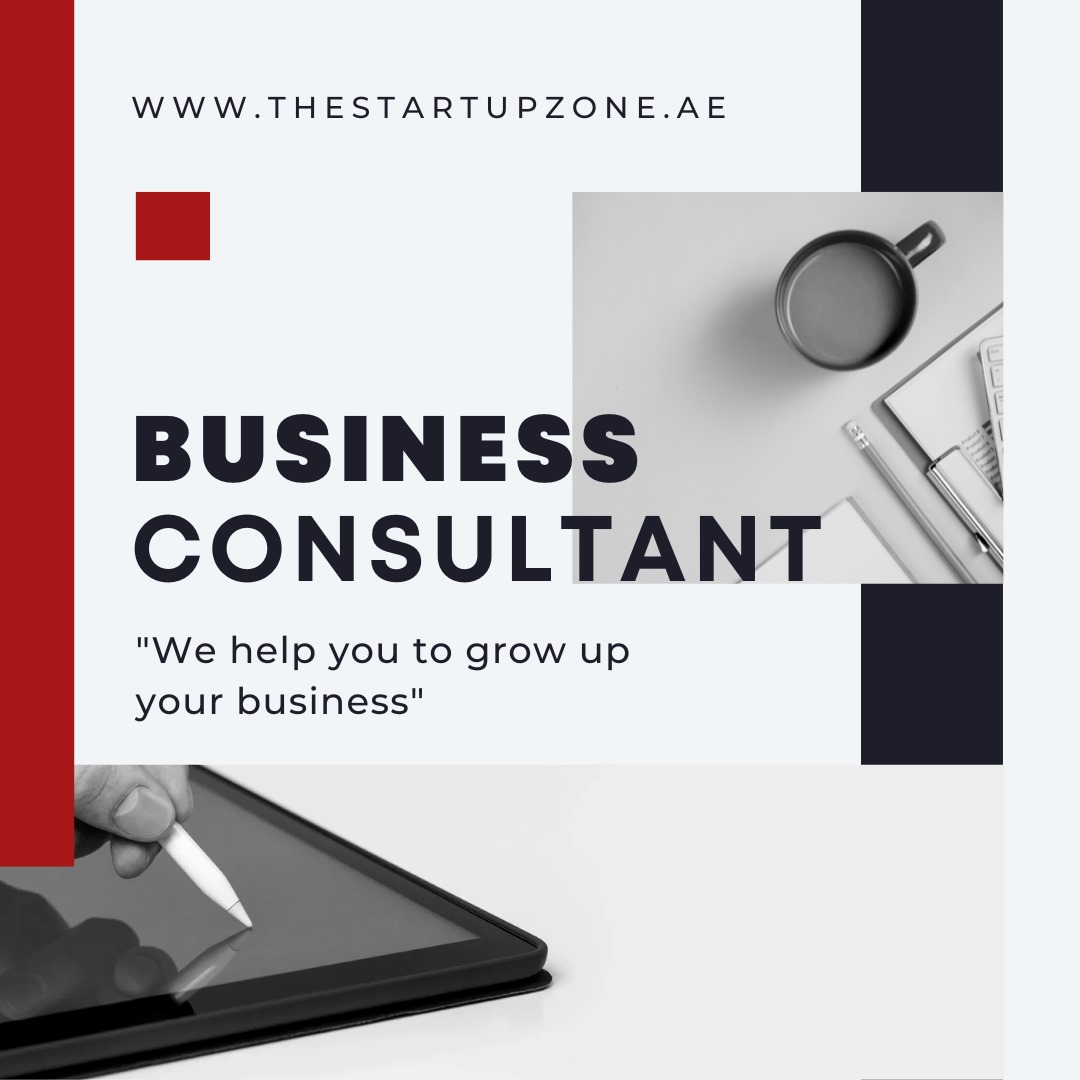Dubai has firmly established itself as one of the most dynamic and business-friendly cities in the world. Entrepreneurs and investors are drawn to its strategic location, modern infrastructure, and favorable regulatory environment. The city not only serves as a gateway to the Middle East, Africa, and South Asia but also offers a range of incentives, including tax-free zones, simplified licensing processes, and streamlined visa procedures.
Despite these advantages, establishing a business in Dubai can be complex for newcomers. Between selecting the right legal structure, obtaining licenses, opening bank accounts, and navigating compliance requirements, entrepreneurs often face a steep learning curve. Strategic planning and professional guidance are crucial for ensuring a smooth and successful launch.
This article explores the essentials of Business Setup in Dubai, delving into the city’s business environment, current trends, challenges, practical tips, and actionable insights for startups and seasoned entrepreneurs alike.
Understanding Business Setup in Dubai
A robust Business Setup in Dubai begins with selecting the appropriate legal structure and license. The two primary options are Mainland and Free Zone companies. Mainland entities allow businesses to operate across the UAE and engage in local markets, whereas Free Zone companies offer 100% foreign ownership, tax exemptions, and sector-specific benefits, though they may face restrictions in mainland trade.
Beyond licensing, a successful business setup involves securing essential services such as bank account opening, VAT registration, health insurance for employees, and legal compliance support. Entrepreneurs also need operational infrastructure like virtual offices, mail management, and PR services to enhance credibility and efficiency.
Professional consultants play a pivotal role in this process. By providing guidance on regulatory compliance, licensing, banking, and visa requirements, they help businesses avoid common pitfalls and expedite the setup process. Their expertise ensures that every aspect of the business foundation is legally sound, operationally efficient, and strategically positioned for growth.
Insights into Dubai’s Business Landscape
Dubai’s startup ecosystem is evolving rapidly, with government initiatives and private sector support fueling entrepreneurial growth. Programs like Dubai SME and Dubai Future Accelerators provide mentorship, funding, and market access to promising startups. The city also benefits from robust infrastructure, including state-of-the-art offices, co-working spaces, and digital platforms that simplify administrative tasks.
Industry insights indicate that sectors such as technology, fintech, renewable energy, logistics, and creative industries are experiencing significant growth. Understanding market demand, consumer trends, and regulatory policies is vital for entrepreneurs aiming to establish a competitive edge.
Additionally, Dubai’s strategic location offers easy access to regional and international markets, making it an ideal hub for export-oriented businesses. Consultants often advise startups on leveraging these advantages, from market entry strategies to operational efficiencies that optimize resource allocation. By aligning business goals with industry trends, entrepreneurs can position themselves for sustainable growth in the region.
Challenges, Trends, and Best Practices
While Dubai is entrepreneur-friendly, challenges exist. Regulatory compliance, VAT obligations, employee visa processing, and corporate governance can be complex for newcomers. Securing a corporate bank account may also require navigating stringent documentation and approval processes.
Current trends emphasize digital transformation, sustainability, and innovation. Startups increasingly rely on operational services such as virtual offices, professional PR management, and compliance monitoring to streamline processes and enhance credibility.
Best practices for establishing a business in Dubai include:
-
Partnering with experienced consultants to navigate licensing, compliance, and operational requirements.
-
Evaluating the pros and cons of Mainland versus Free Zone setups according to business objectives.
-
Planning for employee visas, including UAE Residence Visas, Freelance Visas, or Golden Visas.
-
Utilizing operational support services to reduce costs and increase efficiency.
-
Staying updated on regulatory changes and market trends to maintain competitiveness.
By adopting these strategies, entrepreneurs can mitigate risks, optimize operations, and create a foundation for long-term success.
Practical Tips for Entrepreneurs
For those looking to establish a company in Dubai, several practical tips can ensure a smoother setup:
-
Engage Professional Consultants: Experts with local knowledge help manage licensing, banking, visas, and compliance efficiently.
-
Choose the Right Business Structure: Assess the benefits of Mainland and Free Zone entities based on market access and ownership preferences.
-
Plan Visa and Insurance Needs: Ensure all employees and key personnel have valid UAE Residence Visas and health insurance.
-
Leverage Operational Services: Use virtual offices, mail management, and other administrative services to minimize overhead.
-
Ensure Compliance: Stay abreast of VAT, labor law, and corporate regulations to avoid fines and disruptions.
-
Utilize Market Insights: Tap into industry research and networking opportunities to identify growth sectors and investment opportunities.
Implementing these tips not only reduces operational hurdles but also enhances strategic planning and positions startups for competitive advantage.
Final Words
Dubai offers unparalleled opportunities for businesses, provided they navigate its regulatory and operational landscape carefully. A well-executed Business Setup ensures legal compliance, operational efficiency, and strategic alignment with market trends.From choosing the appropriate license and securing bank accounts to managing visas and operational support, entrepreneurs can rely on professional guidance to streamline the process. By adhering to best practices, staying informed, and leveraging consultants’ expertise, businesses can build a strong foundation and thrive in Dubai’s dynamic economy.







